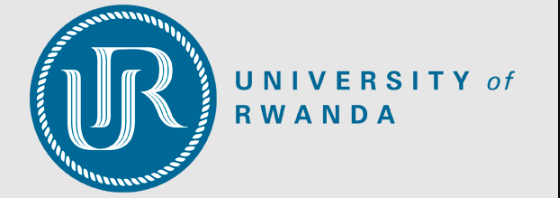
The University of Rwanda (UR) has been a steadfast collaborator with Digital Earth Africa (DE Africa) since 2018, fostering a strong partnership built on mutual respect, trust, and a shared vision for leveraging geospatial technologies to drive sustainable development. This collaboration has been characterized by co-organized capacity building sessions, joint development of use cases, and a commitment to promoting accessible uptake and social impacts of DE Africa platforms.
UR's support for DE Africa has been instrumental in promoting the use of geospatial technologies across various disciplines, with a particular emphasis on artificial intelligence, machine learning, computer vision, and Geographic Information Systems (GIS) tools and techniques. This has led to the creation of a Geo-ICT hub in Rwanda, attracting interest from central and East African countries. This initiative aligns with Rwanda's Vision 2050, which envisions long-term investments in human capabilities, innovation, and technology, as well as sustainable urbanization, precision agriculture, environmental management, and natural conservation.
Key Areas of Collaboration:
- Enhancing Food and Water Security: UR has played a significant role in the implementation of the Information for Agriculture, Food, and Water Security (IAFWS) Project, funded by the Australian Centre for International Agricultural Research (ACIAR). Through this project, UR has contributed to policy briefs calling for increased investments in geospatial infrastructure and capacity building to support informed climate change actions for food security.
- Public Lectures: DE Africa has delivered guest lectures at UR's Center for Biodiversity and Natural Resources Management, Department of Spatial Planning, and Center for GIS, raising awareness about the potential of geospatial technologies for addressing developmental challenges.
- Supporting Students: DE Africa has engaged with the Geography Students' Club (GEOSAR) through awareness-raising sessions and hands-on training. Moreover, DE Africa has provided online course opportunities to UR students, who have developed use cases to apply geospatial technologies to real-world problems. Notable examples include Joel Ndayisaba's work on informing agricultural production in Rwanda.
To further strengthen this partnership, a formal collaboration framework is being established to facilitate joint research, capacity building, and innovation initiatives. This collaboration will enable both parties to leverage their respective strengths, fostering a culture of geospatial innovation and capacity building in Rwanda and beyond.